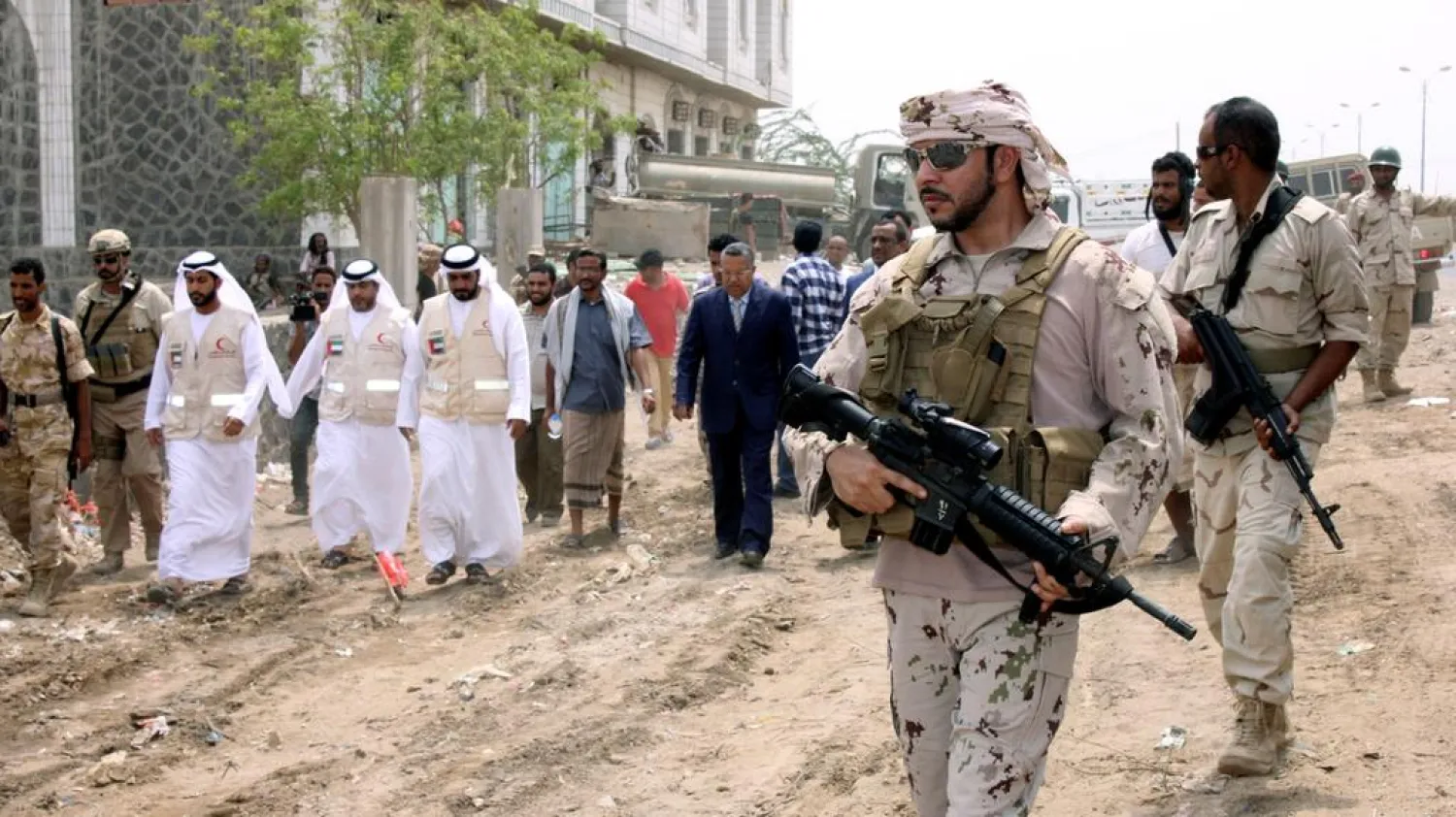The people of Mokha described the reopening of fish restaurants and the end of electricity outages as predictors of happiness and the return to a normal life in the recently liberated historic port city on the Red Sea cost of Yemen.
In a visit to the city, where legitimacy forces regained control a few months ago, Asharq Al-Awsat documented some scenes in the areas visited on Sunday by Yemeni Prime Minister Ahmed Obeid bin Daghr for the first time since its liberation from Houthi militias.
During his trip to the port city, Daghr promised to return Mokha to a normal life and improve its services.
He also toured the headquarters of the Arab Coalition's administrative base in the southwest Yemeni city from where he called for more coordination between the leaders of the National Army, the Popular Resistance and the Coalition forces to advance on all areas still under Houthi’s control.
While Daghr toured the city on Sunday, the very high temperature did not prevent the young Yemeni Hamdi Ibrahim from arriving early to his work at a popular restaurant in downtown.
Ibrahim said the fish restaurant is once again packed with customers, a sign that life has returned to normal in the city, which was world famous for the production of a mocha variety of coffee beans.
“Since the liberation of Mokha, the port city witnessed the reestablishment of electricity supplies 24 hours a day, with the presence of a surplus,” said Haidara Mahyoub, another man in his thirties.
The popular markets of Mokha also saw renewed trade, despite a slight rise in the prices of fish, bread and vegetables. However, those high prices were still better than those of goods in Yemen’s temporary capital of Aden.









